
 By Peter Bennett
By Peter Bennett Why Hire a Microsoft Power Apps Freelancer? Top Benefits for Your Business
Microsoft Power Apps can be a game-changer, helping you create custom applications with minimal coding. But to truly unlock its potential, you might need a bit of extra expertise. This is where hiring a Power Apps freelancer can be incredibly valuable. In this blog, we’ll dive into why bringing a freelancer on board can be a smart move for your business and how it can drive efficiency, innovation, and growth.
What is Power Apps? A Quick Introduction
Microsoft Power Apps is a versatile tool that lets businesses create custom applications quickly and easily. Whether you want to automate tasks, manage data, or integrate with other systems, Power Apps offers a flexible platform to meet your needs without requiring deep coding skills. It’s a powerful way to enhance your business processes and improve efficiency.
Why Choose a Freelancer? The Benefits of Going Independent

1. Expertise Without the Overhead:
Freelancers offer specialized skills without the costs associated with full-time employees. This means you get top-notch expertise without long-term financial commitments. By opting to hire a Power Apps freelancer, you gain access to professionals who excel in custom software development and can deliver tailored solutions for your business.
2. Immediate Availability:
Power Apps freelancers can often start working on your project right away. If you have tight deadlines or urgent needs, they can jump in and get things moving quickly. This speed is crucial, especially when you need custom mobile app development services to address pressing business needs.
3. No Long-Term Commitment:
You pay for the work done, not for a permanent position. This flexibility allows you to manage your budget more effectively and adjust your resources based on current needs. When you hire a Power Apps freelancer, you avoid the long-term costs and commitments associated with full-time employees.
Tailored Expertise: Custom Solutions Just for You
1. Specialized Knowledge:
When you hire a Power Apps freelancer, you bring on board someone with extensive experience in Power Apps. They understand the platform inside and out, ensuring you get solutions that are both effective and efficient. This specialized knowledge is a key advantage over general mobile app development companies.
2. Customized Solutions:
Unlike off-the-shelf software, freelancers can create apps that are tailored to your specific business needs. Whether you need to streamline a process or integrate with existing systems, they can build a solution that fits perfectly. Custom software development is a core benefit of working with Power Apps freelancers.
3. In-Depth Consultation:
Power Apps freelancers can provide valuable insights during the planning phase, helping you choose the best approach to achieve your goals and maximize the benefits of Power Apps. Their expertise in Microsoft development services ensures that your app is not only functional but also strategically aligned with your business objectives.
Cost-Effective Solutions: Get More for Your Money

1. No Long-Term Costs:
With freelancers, you only pay for the work completed. This can be especially beneficial for small to mid-sized businesses with limited budgets. By choosing to hire Microsoft 365 developer, you can achieve high-quality results without the overhead of a full-time employee.
2. Transparent Pricing:
Freelancers usually offer clear pricing models, so you know exactly what you’re paying for. This helps avoid unexpected costs and makes budgeting easier. For businesses considering custom mobile app development services, this clarity is crucial for financial planning.
3. Avoid Training Costs:
Freelancers come with the skills needed to get the job done. This means you don’t have to invest in training or development, saving both time and money. When you hire a Power Apps freelancer, you bypass the need for extensive training and can immediately benefit from their expertise.
4. Efficient Resource Allocation:
Hiring a freelancer allows your internal team to focus on their core responsibilities while the freelancer handles the Power Apps project. This is particularly advantageous if your team is already engaged with other important tasks, such as those managed by a mobile app development company.
Flexibility and Scalability: Adapting to Your Needs
1. Scalable Support:
Power Apps freelancers can scale their involvement based on your project needs. If your requirements change, you can easily adjust the level of support you receive. This flexibility is essential for adapting to evolving business needs and ensuring that your custom mobile app development services are aligned with your objectives.
2. Flexible Work Hours:
Many freelancers work on flexible schedules, which can be advantageous if you need to accommodate different time zones or shifting deadlines. This adaptability is a significant benefit when you’re working with a power apps freelancer who needs to coordinate with your team’s schedule.
3. Project-Based Engagements:
You can hire freelancers for specific projects or phases, allowing you to align their work with your business needs without long-term commitments. This approach is especially useful for custom software development, where project requirements can vary greatly.
Speed and Efficiency: Fast-Tracking Your Projects
1. Faster Turnaround:
Power Apps freelancers often complete projects more quickly than traditional teams due to their focused expertise. This means you can get your solutions up and running faster, which is crucial for maintaining a competitive edge in the market.
2. Reduced Development Time:
With a freelancer who is already experienced in Power Apps, you can skip the learning curve and start seeing results sooner. This rapid development is a key advantage when engaging in custom mobile app development services.
3. Prioritized Deliverables:
Freelancers focus on completing specific deliverables, which helps ensure that projects are executed efficiently and effectively. By choosing to hire power app developers, you ensure that your project milestones are met with precision.
Access to the Latest Skills and Tools

1. Staying Current:
Power Apps freelancers are often up-to-date with the latest trends and tools in their field. This means they bring cutting-edge techniques and solutions to your projects, leveraging the latest advancements in custom software development.
2. Specialized Tools:
Many freelancers have access to advanced tools and resources that can enhance the development process and deliver superior results. This expertise is particularly beneficial for projects requiring custom mobile app development services.
3. Innovative Solutions:
Freelancers’ diverse experiences across various projects and industries can provide fresh, innovative approaches to solving your challenges. This creativity is a major asset in developing custom solutions that meet your business needs.
Fresh Perspectives and Creativity
1. New Insights:
Freelancers bring an outside perspective that can lead to innovative solutions and creative problem-solving. Their diverse backgrounds can offer new ideas and approaches, especially in the context of custom software development.
2. Dedicated Attention:
Unlike internal teams juggling multiple responsibilities, freelancers focus solely on your project. This dedicated attention can result in higher-quality outcomes and more creative solutions.
3. Customization and Personalization:
Freelancers can work closely with you to tailor their approach, ensuring that the solutions they deliver are perfectly aligned with your business goals. This personalized service is a significant advantage when working with a mobile app development company.
How to Find and Hire the Perfect Power Apps Freelancer

1. Define Your Needs:
Clearly outline your project requirements and goals before starting your search. This will help you find a freelancer with the right skills and experience in custom mobile app development services.
2. Review Portfolios:
Examine potential freelancers’ portfolios to assess their previous work and ensure they have relevant experience. Look for examples that align with your needs in custom software development.
3. Check References:
Ask for and verify references to ensure the freelancer’s reliability and performance. This step is crucial for ensuring that the freelancer you hire power app developers from has a track record of successful projects.
4. Start with a Trial:
Consider starting with a smaller project or trial period to evaluate the freelancer’s capabilities before committing to larger engagements. This approach helps in assessing their fit for your custom mobile app development services.
5. Communication and Collaboration:
Ensure that the freelancer communicates effectively and is open to collaboration. Clear communication is essential for project success, especially when working with a mobile app development company.
6. Technical Compatibility:
Verify that the freelancer is familiar with the specific tools and technologies you plan to use, including any integrations with other systems.
Debunking Common Myths About Freelancers
1. Lack of Commitment:
Some worry that freelancers may not be as committed as full-time employees. However, many freelancers are highly dedicated to delivering quality work and building their reputation. This commitment is crucial when you hire a Power Apps freelancer.
2. Quality Concerns:
Freelancers are often judged by their portfolios and reviews. By selecting a reputable freelancer, you can ensure high-quality results that meet your standards. This is especially important for custom software development.
3. Security Risks:
Security concerns can be addressed with proper contracts, NDAs, and secure communication channels. Ensuring these measures are in place is vital when working with any freelancer, including those offering custom mobile app development services.
4. Long-Term Support:
Freelancers can provide ongoing support or maintenance if needed. Discuss these options at the outset to ensure they align with your requirements, particularly for projects requiring custom software development.
Success Stories: How Freelancers Have Made a Difference
1. Streamlining Operations:
A mid-sized manufacturing firm hired a Power Apps freelancer to create a custom inventory management app. The solution cut processing time by 40% and improved data accuracy.
2. Boosting Customer Engagement:
A retail business engaged a freelancer to develop a customer feedback app integrated with their CRM. This app led to a 30% increase in customer satisfaction by providing real-time feedback.
3. Automating Compliance:
A financial services company used a Power Apps freelancer to build an app that automated compliance reporting. The app reduced manual entry errors and cut reporting time by 50%.
Wrapping Up: The Strategic Advantages of Hiring a Power Apps Freelancer
Bringing a Power Apps freelancer into your team offers numerous benefits that can significantly impact your business. From specialized expertise and cost-effectiveness to flexibility and innovation, freelancers can provide the skills and solutions needed to propel your business forward. By choosing the right freelancer, you can enhance productivity, streamline operations, and achieve your business goals more efficiently.
In a world where technology and business needs are constantly evolving, a Power Apps freelancer can be the key to unlocking new levels of efficiency and innovation. Their expertise in custom software development can help you build custom solutions that meet your unique requirements, giving you a competitive edge and driving your business to new heights.
Embrace the advantages of working with a freelancer and watch your business thrive with tailored solutions and creative approaches that meet your specific needs. With the right Power Apps freelancer, you can turn your vision into reality and set your business up for success.
Tags: Custom Software Development, hire microsoft 365 developers, hire power apps developers, hire power apps freelancer, Microsoft 365 development company, microsoft 365 technology, mobile app development company, power apps freelancerLatest Resources
ChatGPT and DeepSeek: Which AI Tool Delivers Better User Experience?
January 29, 2025
Top Frameworks for Cross-Platform App Development in 2025
January 22, 2025
A Guide to Types of Artificial Intelligence (AI)
January 14, 2025
Key Benefits of React Native App Development
January 7, 2025
Leveraging AI in Startup Software Development: Trends and Tips
December 30, 2024
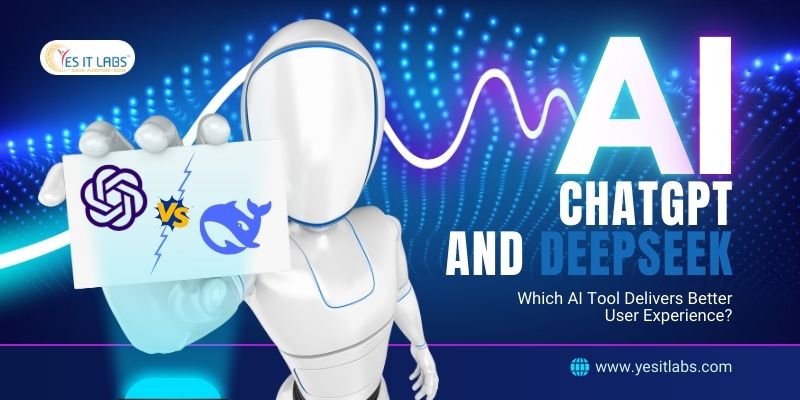








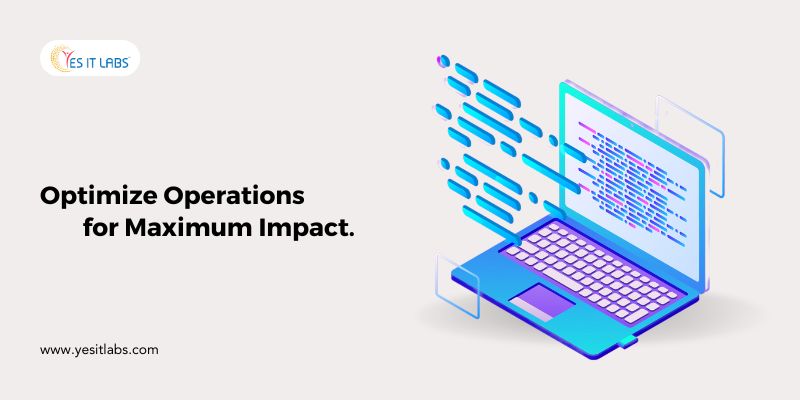
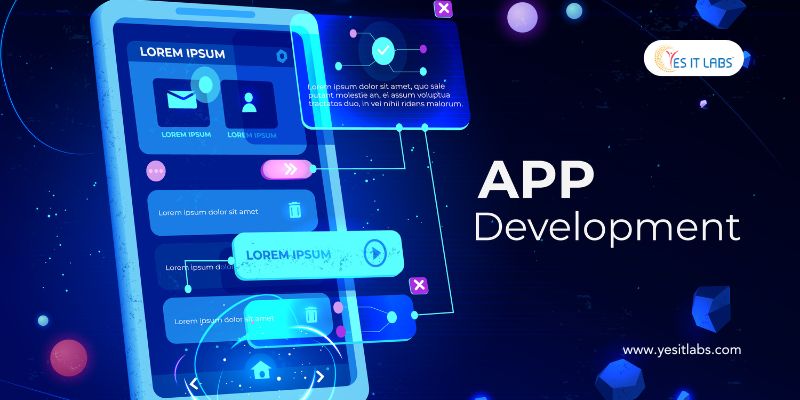





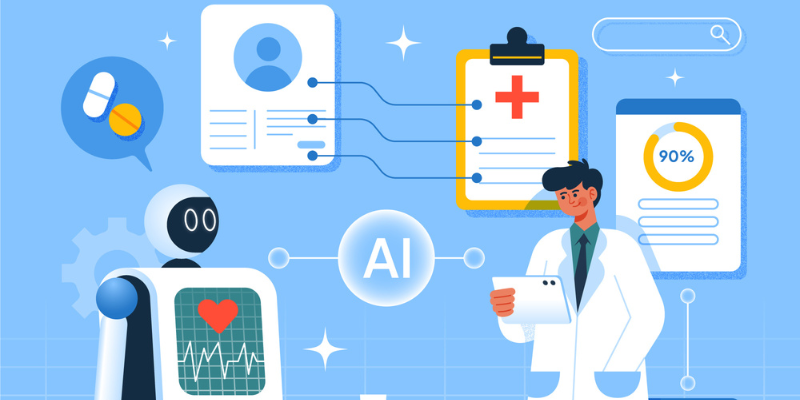
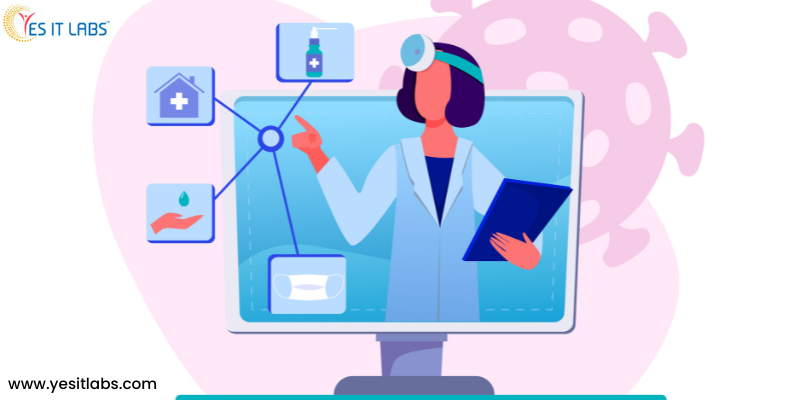


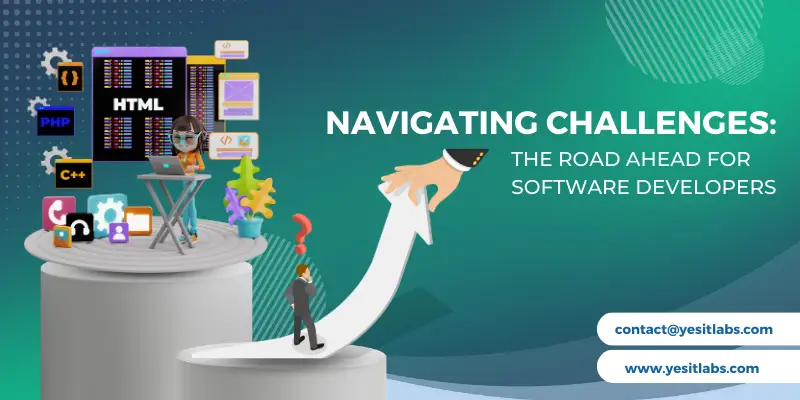
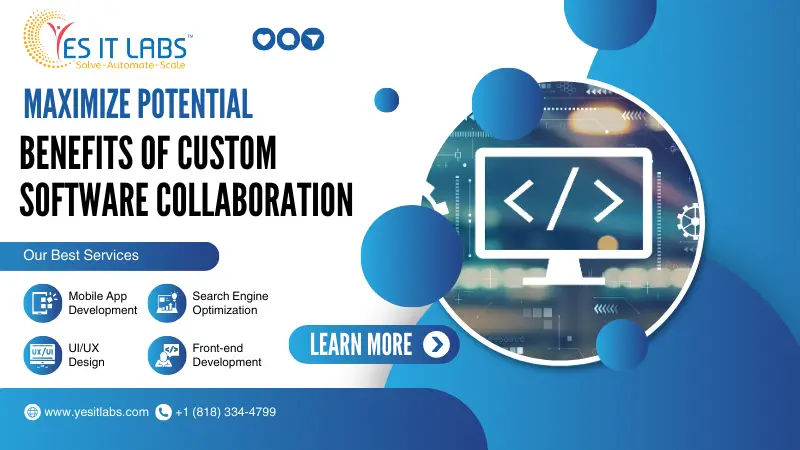






 Services
Services

